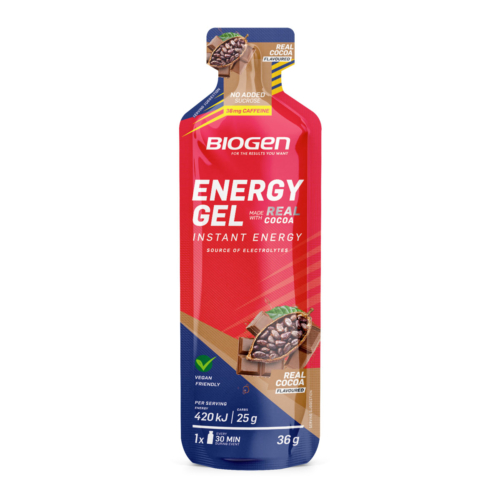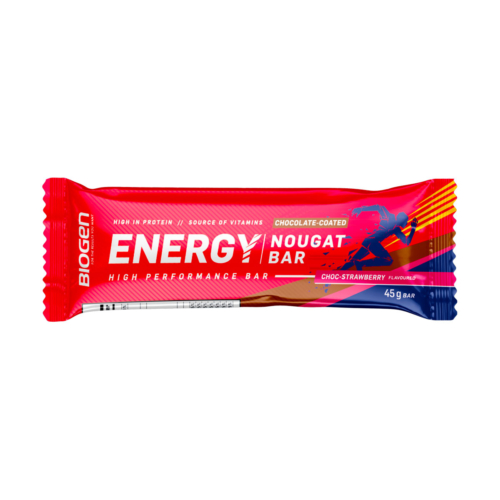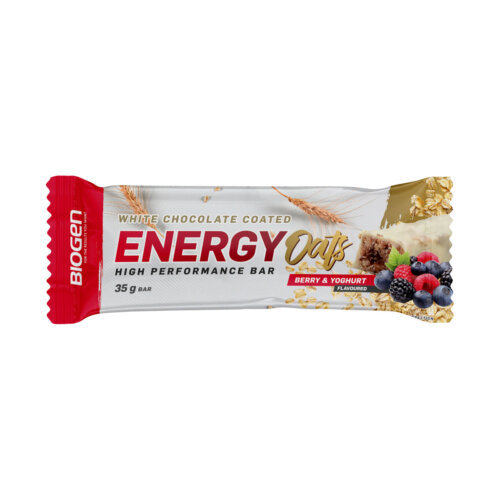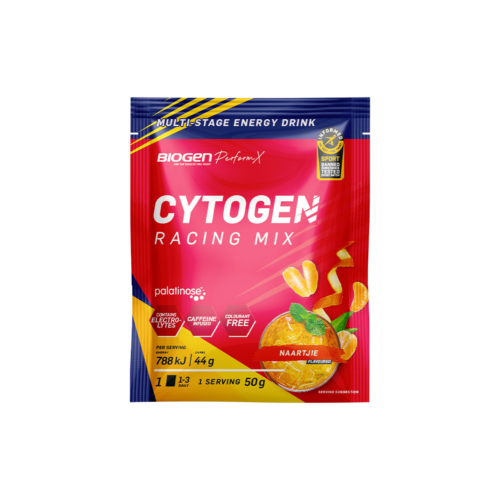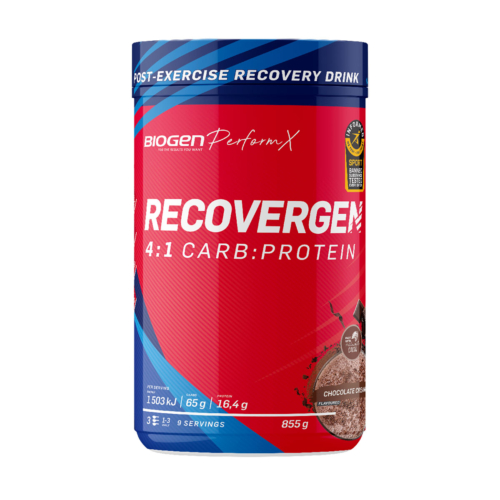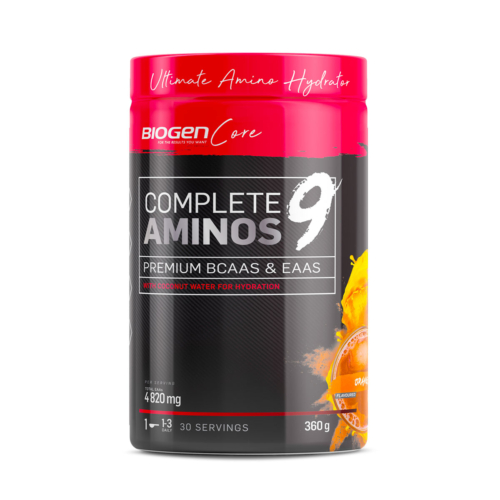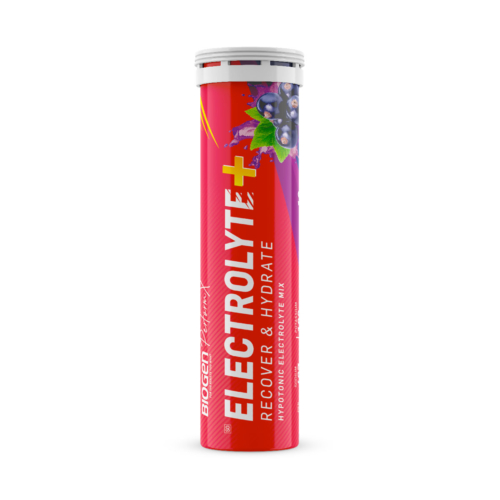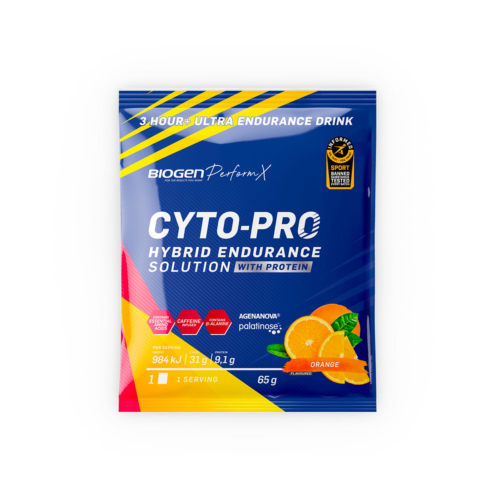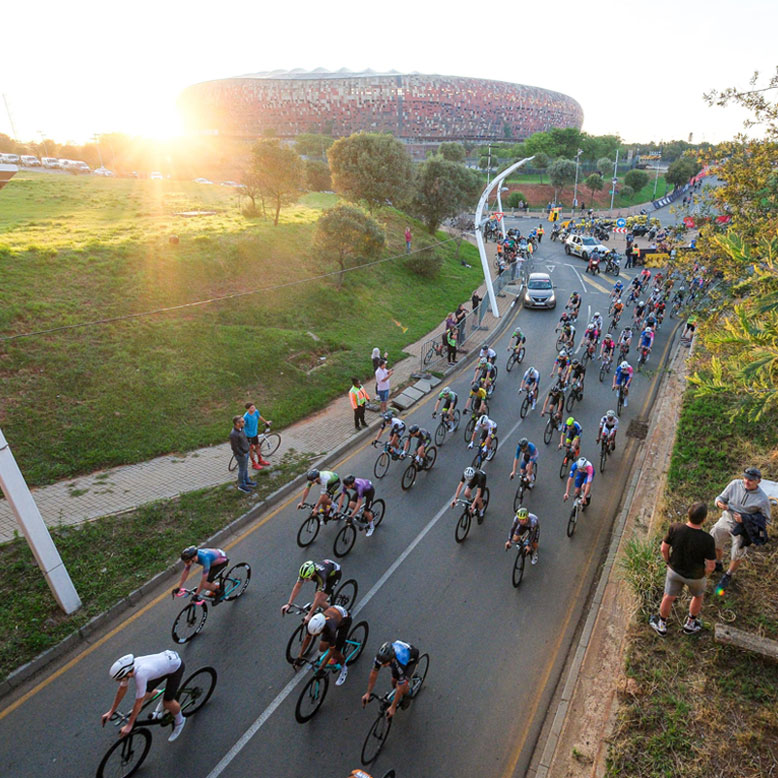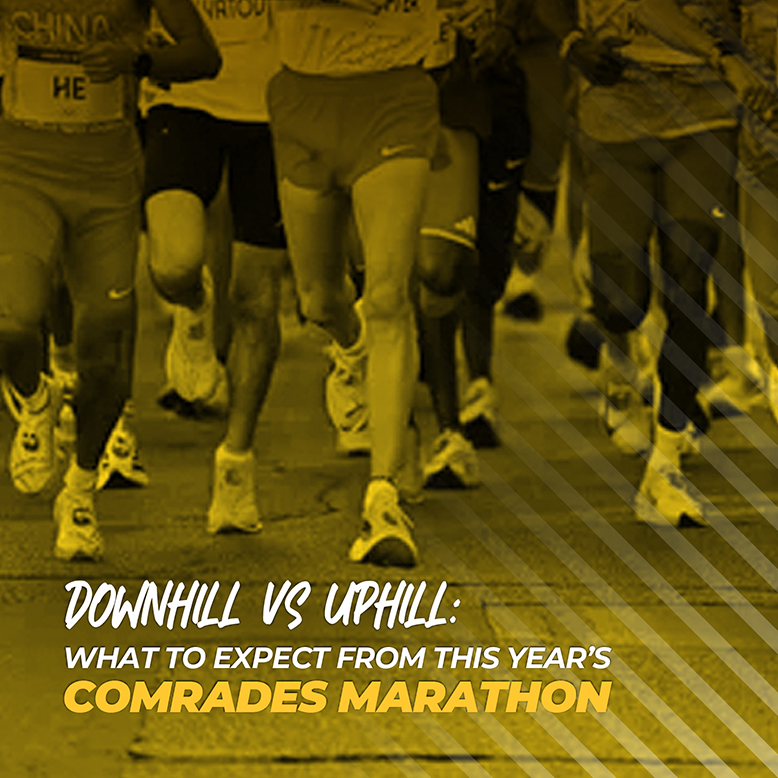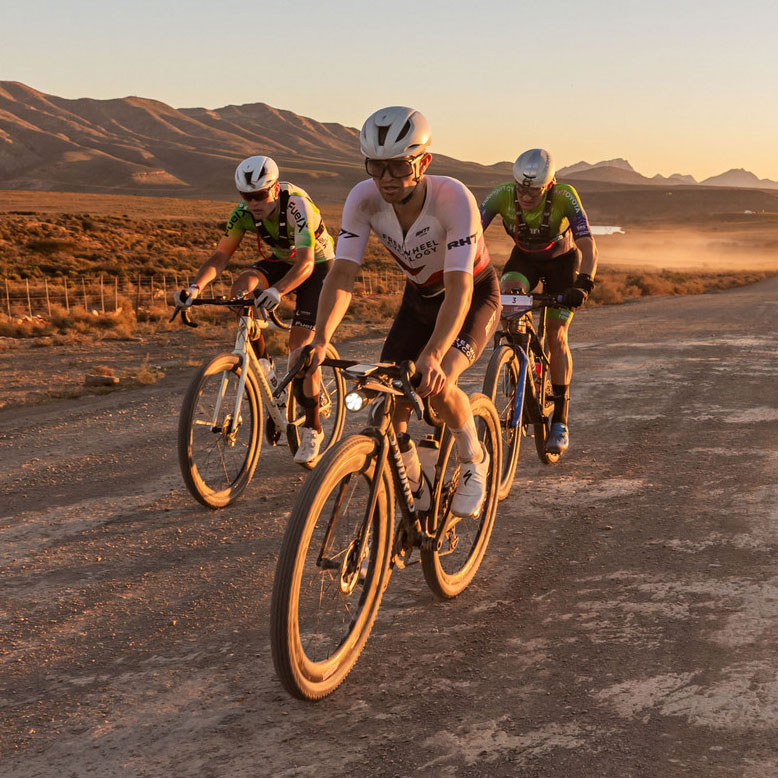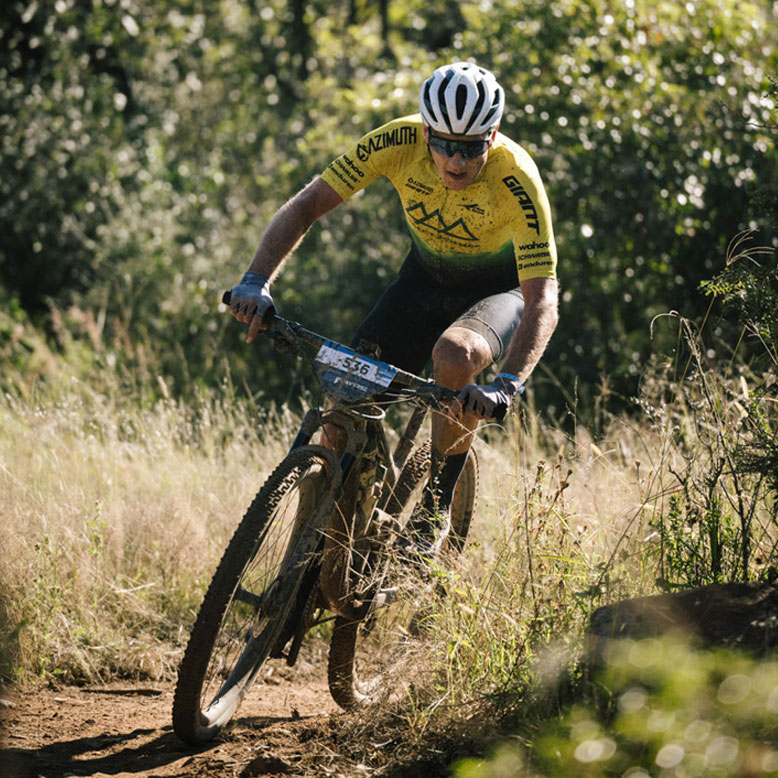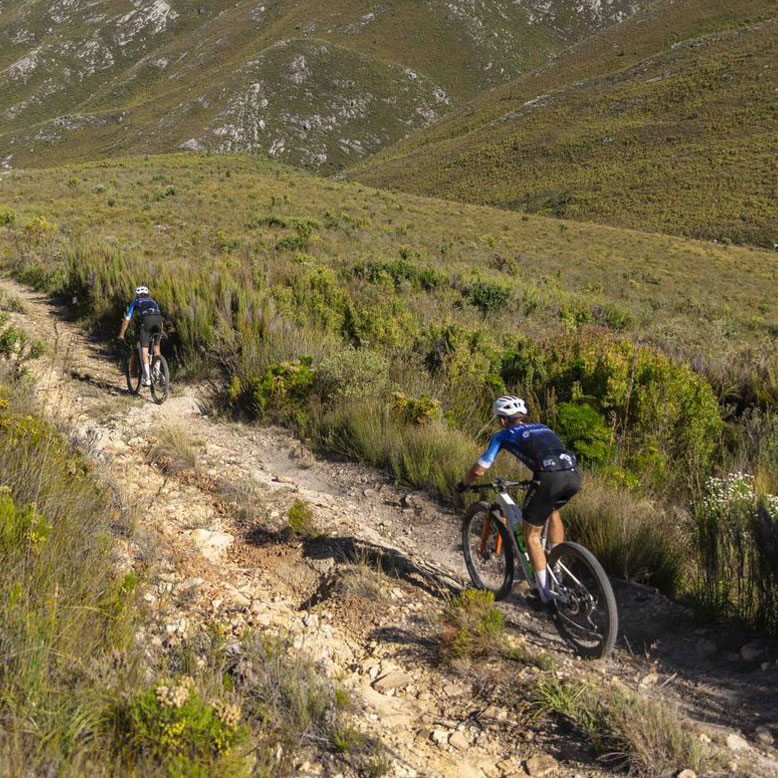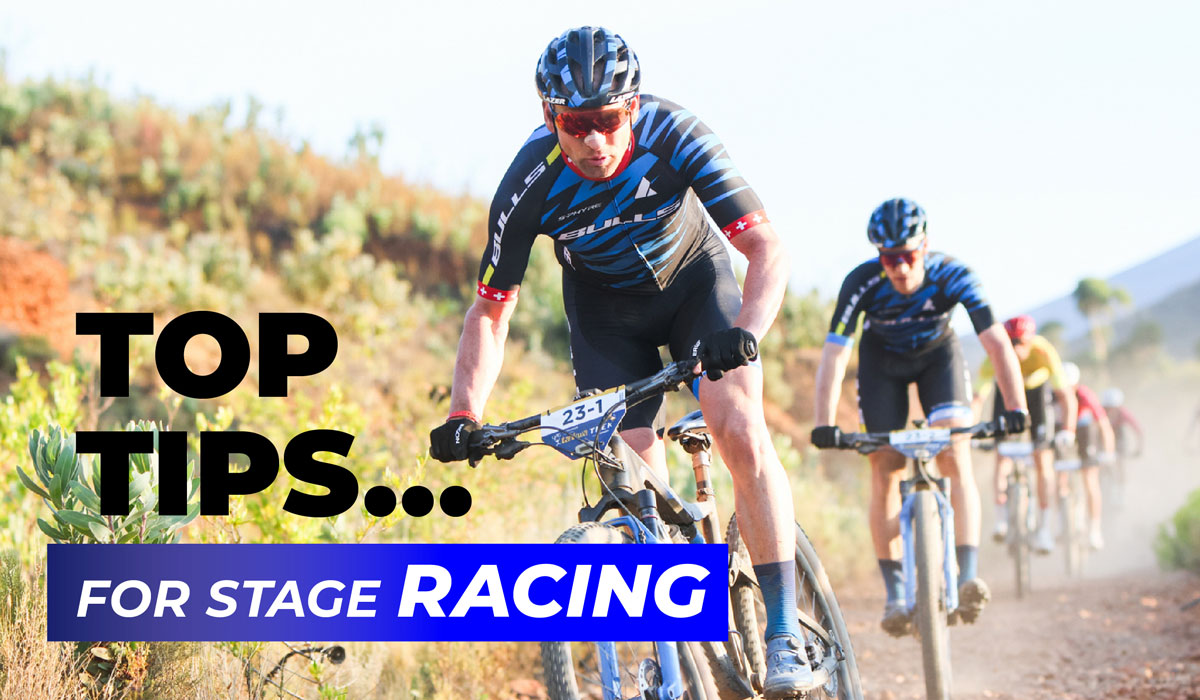
Tankwa Trek Survival Guide: Nutrition, Recovery, and Performance Tips
Riders will tackle South Africa’s favourite four-day stage race when the 2025 Momentum Medical Scheme Tankwa Trek, presented by Biogen, takes place from 6-9 February.
This premier UCI S1 stage race is renowned for its famous Dryland hospitality, the comfortable Kaleo campsite, and its scenic yet challenging routes.
Recovery is the goal
The rugged route makes it a serious test of fitness and endurance for any rider, whether as a pre-Cape Epic tester or as a target muti-stage event, requiring a proper strategy to survive.
When it comes to riding multi-day races, every rider’s main objective is optimising recovery between stages.
This means fuelling your efforts on the bike with the next day’s stage in mind, replenishing energy stores early and often by eating and drinking at regular planned intervals. This drip-feeding, time-based approach ensures riders don’t fall too deep into an energy deficit during a stage.
The aim is to ingest around 60-90g of carbs per hour, based on factors such as effort, digestibility, palatability and tolerance. Hard efforts require intakes closer to the upper limit while those aiming to finish can aim for intakes closer to 60g/hour.
On-the-bike supplements like Biogen Cytogen Race Mix, Real Food Energy Gels and Energy Oats and Nougat bars are ideal options to carry in your pockets and help meet your immediate energy needs and top up depleted glycogen stores.
Replenish your body
Adding a protein or amino acid source to the mix, like Biogen Complete 9 Aminos or Biogen Cyto-Pro can help limit muscle damage during the stage, which lowers the muscle repair and recovery demands after the stage.
Once off the bike, drink a carbohydrate-protein drink like Biogen Recovergen immediately after the stage to support the recovery process. With highly bioavailable carbohydrates and whey protein hydrolysate in a 4:1 carb-to-protein ratio means you top up glycogen stores to replenish depleted energy for the next day while helping to repair muscle tissue damage.
The afternoon is a good time to replace lost electrolytes with a rehydration drink like Biogen Electrolyte Plus tabs. Drink it with lunch or dinner to replace the salts lost through sweat during the stage.
Throughout the remainder of the day, it is vital to eat regularly, consuming a mix of protein and carbs with some fats. Avoid eating too much fibre to limit the risk of tummy trouble the next day.
While it is not possible to fully recover, every rider should do as much as they can to get as close to 100% as possible between stages to avoid falling too deep into an energy deficit.
Feet up
In addition to these nutritional steps, it can help your recovery to flush out exercise metabolites with 8-10 minutes of active recovery. This can include a spin on the rollers or a short walk, and some mobility work.
Stay off your feet as much as possible between stages to avoid excess fatigue. If you have compression boots or leggings, take them with to support your recovery between stages by promoting lymph drainage and blood flow.
A daily massage can also help remove exercise metabolites, reduce soreness and next-day stiffness by enhancing blood flow, and improve muscle suppleness and flexibility for better muscle function.
If they are available, riders can also take a plunge into an ice bath after stages to help lower their heart rates and dissipate body heat, which can support more efficient recovery.
Pillow power
A short 30- to 60-minute afternoon nap can also help speed up recovery between stages by reducing physical and mental fatigue, which is crucial during a multi-day race.
During a nap, your body releases hormones that help repair and rebuild muscle tissue and can improve cognitive function.
By allowing your body and mind to rest, naps can help you feel more refreshed and energised for the next stage, which may lower your perceived effort on the bike.
Even with a nap, adequate sleep remains crucial. While the rider village can get festive, it is also important to turn in early, aiming to get as much sleep in before midnight as possible, especially with the early race starts.
Due to the added recovery demands, aim for 8-10 hours of quality sleep each night to support muscle and nervous system recovery and restoration, which is vital for overall performance.
Starting each stage fully recovered can also improve cognitive functions such as reaction time, alertness, and decision-making, which are all essential for navigating technical trails and making better decisions during the stage.
By implementing these nutritional and other recovery steps, you can not only survive but thrive at a multi-day mountain bike stage race like the Tankwa Trek or Cape Epic.


